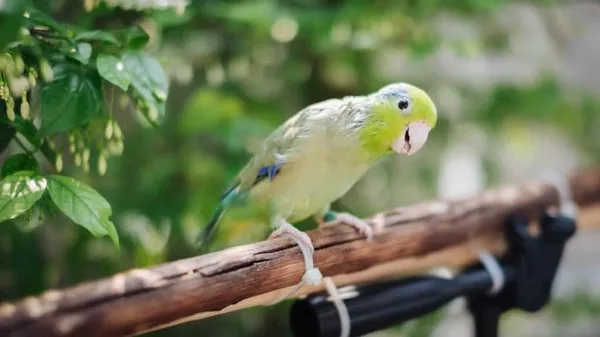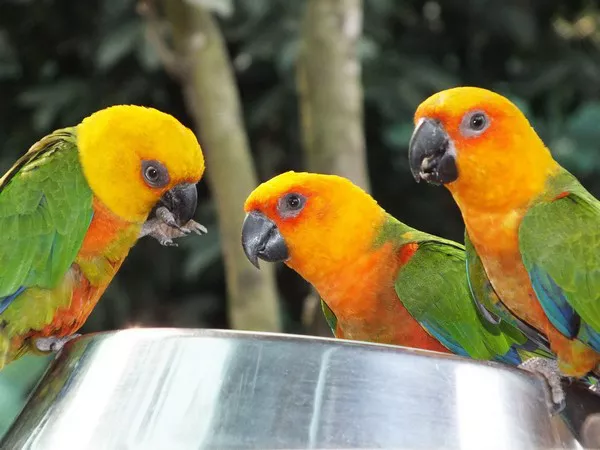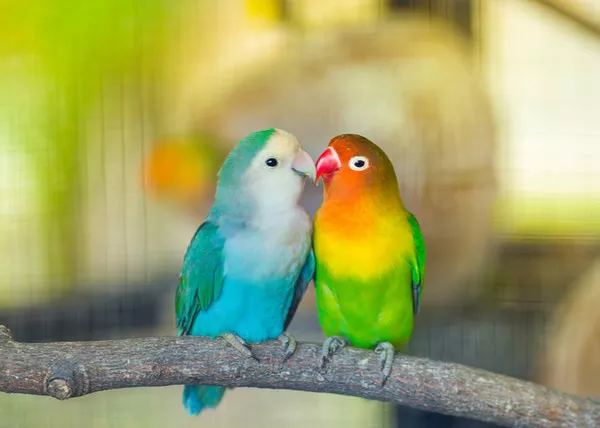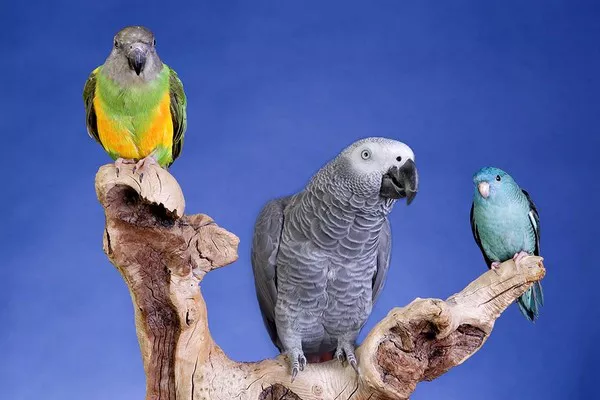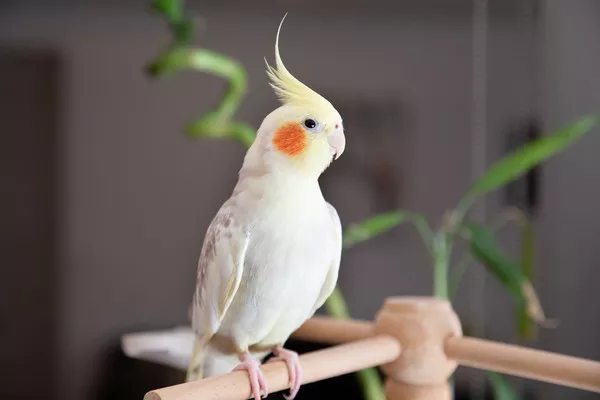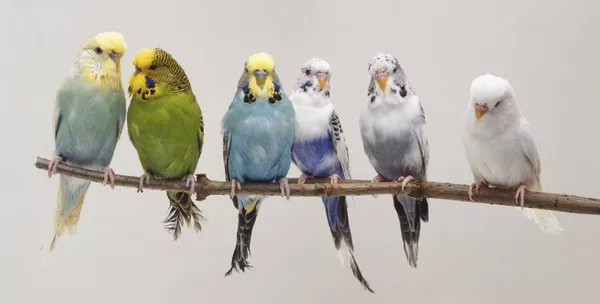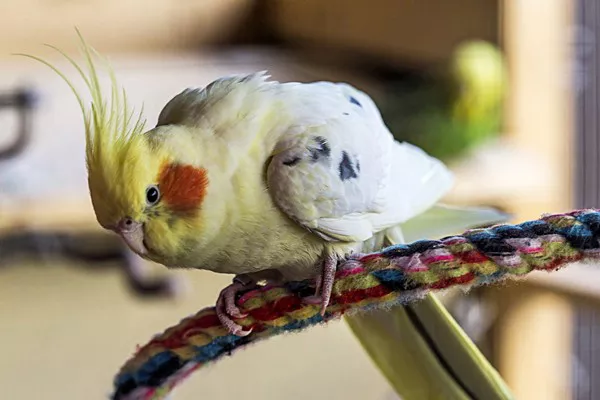African grey parrots are one of the most popular pet bird species due to their intelligence, social skills, and ability to mimic human speech. However, providing them with a balanced and nutritious diet is essential for their health and well-being. In this article, we will discuss what African grey parrots like to eat and how to ensure they are getting a healthy diet.
What Do African Grey Parrots Eat in the Wild?
African grey parrots are native to the rainforests of West and Central Africa, where they feed on a variety of fruits, nuts, seeds, and vegetation. They are particularly fond of palm nuts, which are a rich source of fat and protein. In addition to nuts, they also eat a variety of fruits, including figs, mangos, papayas, and bananas, as well as leafy greens and flowers.
What Should I Feed My African Grey Parrot?
In captivity, it is important to provide African grey parrots with a well-balanced diet that includes a variety of foods to meet their nutritional needs. A healthy diet for an African grey parrot should consist of:
- Pellets: High-quality pelleted bird food should make up the majority of your African grey parrot’s diet. Pellets are nutritionally complete and provide a balanced diet that includes vitamins, minerals, and other essential nutrients.
- Fruits and Vegetables: Fresh fruits and vegetables should also be included in your African grey parrot’s diet. Good choices include dark, leafy greens like kale, collard greens, and spinach, as well as carrots, sweet potatoes, broccoli, and berries.
- Nuts and Seeds: Nuts and seeds are an excellent source of protein and fat, but they should be given in moderation to prevent obesity. Good choices include almonds, walnuts, pecans, and sunflower seeds.
- Treats: African grey parrots love treats, but they should be given in moderation. Good choices include small pieces of fruit or nuts, or commercial bird treats.
How Much Should I Feed My African Grey Parrot?
Factors Affecting African Grey Parrot’s Dietary Requirements
The amount of food that an African grey parrot requires depends on various factors, including age, weight, activity level, and metabolism. Young birds require more food than adult birds to support their growth and development. Older birds may require less food due to a slower metabolism and reduced activity level.
The weight of the bird is also a crucial factor in determining how much to feed them. Overfeeding can lead to obesity and health problems, while underfeeding can cause malnutrition and stunted growth. It is essential to weigh your African grey parrot regularly to ensure that it is maintaining a healthy weight.
The activity level of your bird also affects its dietary requirements. A more active bird will require more food to support its energy needs. Conversely, a less active bird will require fewer calories.
How Much to Feed?
A general rule of thumb is to feed your African grey parrot about 1/4 to 1/3 cup of pellets per day, supplemented with fresh fruits and vegetables. However, the amount of food your bird requires may vary depending on its age, weight, activity level, and metabolism. It is essential to monitor your bird’s weight regularly and adjust its diet accordingly.
It is also essential to provide fresh water at all times. Change the water daily and clean the water bowl regularly to prevent the growth of bacteria.
How Should I Serve Food to My African Grey Parrot?
African grey parrots can be messy eaters, so it is important to serve their food in a way that is easy to clean up. Pellets should be served in a clean, dry dish that is easily accessible to your bird. Fruits and vegetables should be washed and cut into small, bite-sized pieces. Nuts and seeds can be offered in a separate dish or as part of a foraging toy to stimulate your bird’s natural foraging behavior.
What Foods Should I Avoid Feeding My African Grey Parrot?
Some foods should be avoided when feeding your African grey parrot, as they can be toxic or harmful to their health. These include:
- Avocado: Contains persin, which can be toxic to birds.
- Chocolate: Contains theobromine, which can be toxic to birds.
- Caffeine: Found in coffee, tea, and chocolate, caffeine can be harmful to birds.
- Alcohol: Never give your bird alcohol, as it can be fatal.
- Junk food: Avoid feeding your bird high-fat, high-sugar foods like chips, cookies, and candy.
In conclusion, African grey parrots require a well-balanced diet that includes a variety of foods to meet their nutritional needs. Pellets, fresh fruits and vegetables, and occasional treats can provide the necessary nutrients for a healthy and happy parrot. It is important to avoid certain foods that are toxic to birds, such as chocolate and avocado, and to provide clean and fresh water at all times. By offering a varied diet, monitoring their intake, and consulting with a veterinarian, you can ensure that your African grey parrot lives a long and healthy life.
Recommended reading:


